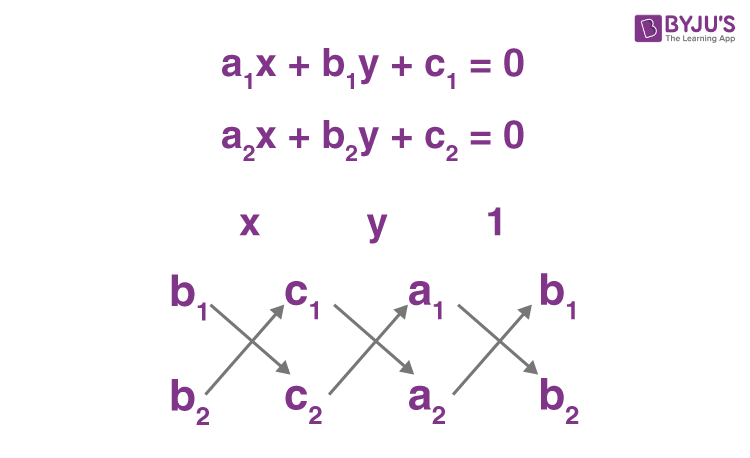Antwort Can you multiply 2 different variables? Weitere Antworten – Can I multiply two different variables

When variables are the same, multiplying them together compresses them into a single factor (variable). But you still can't combine different variables. When multiplying variables, you multiply the coefficients and variables as usual.When you multiply a number by a lonely variable, you can just put the number in front of the variable. When you multiply a number by a variable that already has a coefficient in front of it, you can just multiply the number and the coefficient by each other.So in terms of math what you're doing is you you multiply the numbers and the letter here it just comes along for the ride. Right so 10d that's the final answer here this is the final answer here

How to multiply expressions with variables : So X the 2 * x to the 1st. Would be x to the 3r. So our answer is -36 x 3r and this completes.
How do you cross multiply two variables
To cross multiply the equations, multiply the numerator of the first fraction by the denominator of the second fraction, and then write down the result. After that, you must multiply the numerator of the second fraction by the number in the denominator of the first fraction, and then write down the result.
How do you cross multiply different variables : After cross multiplication, the product is evaluated on both sides and then the variable is determined.
- Step 1: Multiply the numerator of LHS to the denominator of RHS.
- Step 2: Multiply the denominator of LHS to the numerator of RHS.
- Step 3: Equate the two products and solve for the unknown quantity or variable.
the product of two random variables is a random variable; addition and multiplication of random variables are both commutative; and. there is a notion of conjugation of random variables, satisfying (XY)* = Y*X* and X** = X for all random variables X,Y and coinciding with complex conjugation if X is a constant.

It has to do with what variables represent outside of just their numerical value, a concept of 'units' for variables. The answer is no, because two variables can represent different things even if they have the same numerical value. Simple example is a 2D vector.
Can two variables equal the same number
In conclusion, the idea that two or more variables can not equal the same value in algebra is simply incorrect.The solution to the pair of linear equations in two variables using cross multiplication is: Ans. In this operation, the numerator of one side is multiplied by the denominator of the other side. The numerator and denominator of one fraction must be multiplied by the denominator of the 2nd fraction.Multiplication of Functions
To multiply a function by another function, multiply their outputs. For example, if f (x) = 2x and g(x) = x + 1, then fg(3) = f (3)×g(3) = 6×4 = 24.

The short answer is that you can't. Unlike the examples above, there's no shortcut. Since 2^4 and 3^2 have nothing in common to combine, the answer can't be simplified down to a single exponent and must be expressed as a regular number.
Can you multiply two variables with different exponents : No! The same in exponents and multiplication. You keep multiplying the same number and you get exponents. But if it's not the same number (base) then you simply can't do it.
Do you multiply two independent events : This formula says that we can multiply the probabilities of two events, but we need to take the first event into account when considering the probability of the second event. If the events are independent, one happening doesn't impact the probability of the other, and in that case, P ( B | A ) = P ( B ) .
How do you combine two random variables
Combining Random Variables – Key takeaways
Only combine random variables that are independent! The mean of the sum of two random variables is the sum of their means. In other words, if T = X + Y then. If you take the difference of two random variables, then the mean of the difference is the difference of their means.

We can combine means directly, but we can't do this with standard deviations. We can combine variances as long as it's reasonable to assume that the variables are independent.How do you solve an equation with 2 variables A two-variable equation is solved by plugging in x = 0 and solving for y and then plugging in y = 0 and solving for x. These results give you the x and y intercepts of the graph. By joining those two points, the equation will be represented.
Can two variables be equal : If X and Y are random variables then the statement X=Y is only meaningful if X and Y are defined on the same probability space (Ω,A,P) and it is true iff X(ω)=Y(ω) for every ω∈Ω. In this situation X and Y are equal random variables.



